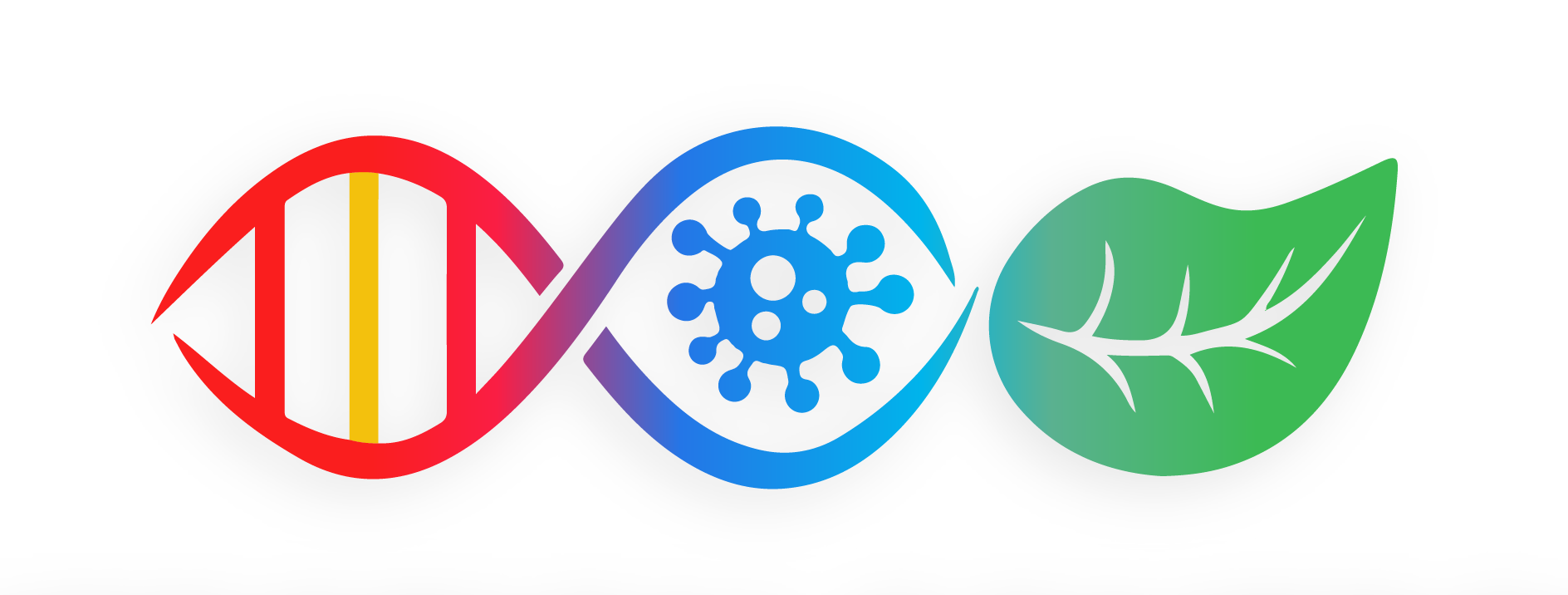General Information:
Lecture recommended for master students in their first semester.
Please enroll with the enrollment key: GGR.
Module with Seminar "genetics and society"/ "food and genes" and practical course "proposal writing"
Content
- Genomes (ploidy, content, organization, structure)
- Accessory genomes, extrachromosomal elements, sex chromosomes
- Cell cycle regulation
- Mitosis and meiosis
- Transcription and transcriptional regulation (promotors, regulatory elements, transcription factors and regulatory RNAs, processing of RNAs)
- Epigenetics
- small RNAs
Skills
- Knowledge of the basic genetic and molecular principles of the content above
- Understanding of the regulatory mechanisms underlaying these principles
- Transfer knowledge to related biological systems
- Profesor: Claude Becker
- Profesor: Michael Boshart
- Profesor: Martin Parniske
- Profesor: Arne Weiberg
Content:
- Sustainable development goals of the united nations and their relevance for agriculture
- Root nodule symbiosis (cell biology, genetics and signaling)
- Transcriptional regulation of root nodule symbiosis
- genetic diversity in root nodule symbiosis
- plant root endosymbiosis
Skills:
- advanced understanding of literature search
- advanced understanding of scientific writing skills
- knowledge of DFG-style proposals
- knowledge of correct citation principles
- applied knowledge of methods in plant root nodule symbiosis and experimental planning
- detailed project calculation
- understanding of the peer-review process

- Profesor: Dagmar Hann
- Profesor: Macarena Marin Arancibia
Contents of seminars
- the human genome project
- CRISPR/Cas
- fingerprinting
- personalized medicine
- pre-implantation diagnostics
- ExAc project
- epigenetics
- 24 and me
Skills
- presentation skills
- literature search and evaluation
- design of scientific questions
- literature-based argumentation
- moderation of discussions

- Profesor: Claude Becker
- Profesor: Dagmar Hann
- Profesor: Martin Parniske
Life is specified by genomes. Every organism, including the crops that produce our daily foods, has a genome that contains all the biological information—the DNA—needed to build and maintain a living example of that organism. The biological information contained in the DNA is divided into genes, discrete units of the genome. The complete set of genes represents the genetic constitution that makes up the genotype of an organism. Crops and cattle often have complex genomes to achieve desired agronomic traits. This makes crops and cattle vulnerable to infection by co-evolving pathogens and poses ongoing challenges in modern breeding to keep up with demands from an increasing world population.
This aim of this seminar is to develop an understanding of the unique genetic makeup of our foods. Evaluating the origin of modern cops and cattle, and the way they have been bred over centuries to perform best for productivity, human-desired traits, and resistance to environmental stress will be used to gain knowledge on genome architecture and genes regulating agronomic traits. This will be complemented by looking at modern breeding approaches to tackle the challenges in food security. A basis for this seminar are the lectures "Genomes" and "Forward and Reverse Genetics".
The seminar requires that students present a selected topic in the form of an oral presentation and moderate the subsequent discussion with their peers. Each presentation should not last longer than 30min. To keep to the time is a fundamental quality criterion. Presenters must prepare two scientific questions related to your topic to initiate and guide the scientific discussion. The week before your presentation you must provide i) key scientific literature to share with your peers; ii) a written summary of your presentation content, and iii) discuss your preliminary presentation file with the lecturer. The provided literature and summary must be read by all participants. All students have to be prepared for each seminar with at least two questions related to the topic and contribute to the discussion.
Credits depend on regular and timely attendance to the seminar and active participation is required! Your presentation and your participation in the seminar will be marked! The presentation will be assessed by formal criteria (slide design, structural requirements), by contents (depth and breadth of knowledge), and by presentation style (speech, interaction with the audience).
The seminar will start with an introduction to the overall theme Food & Genes, and for students to be assigned their topic. A guide how to search and read literature, and how to present a seminar will be given.

- Profesor: Silke Robatzek
- Profesor: Katarzyna Rybak